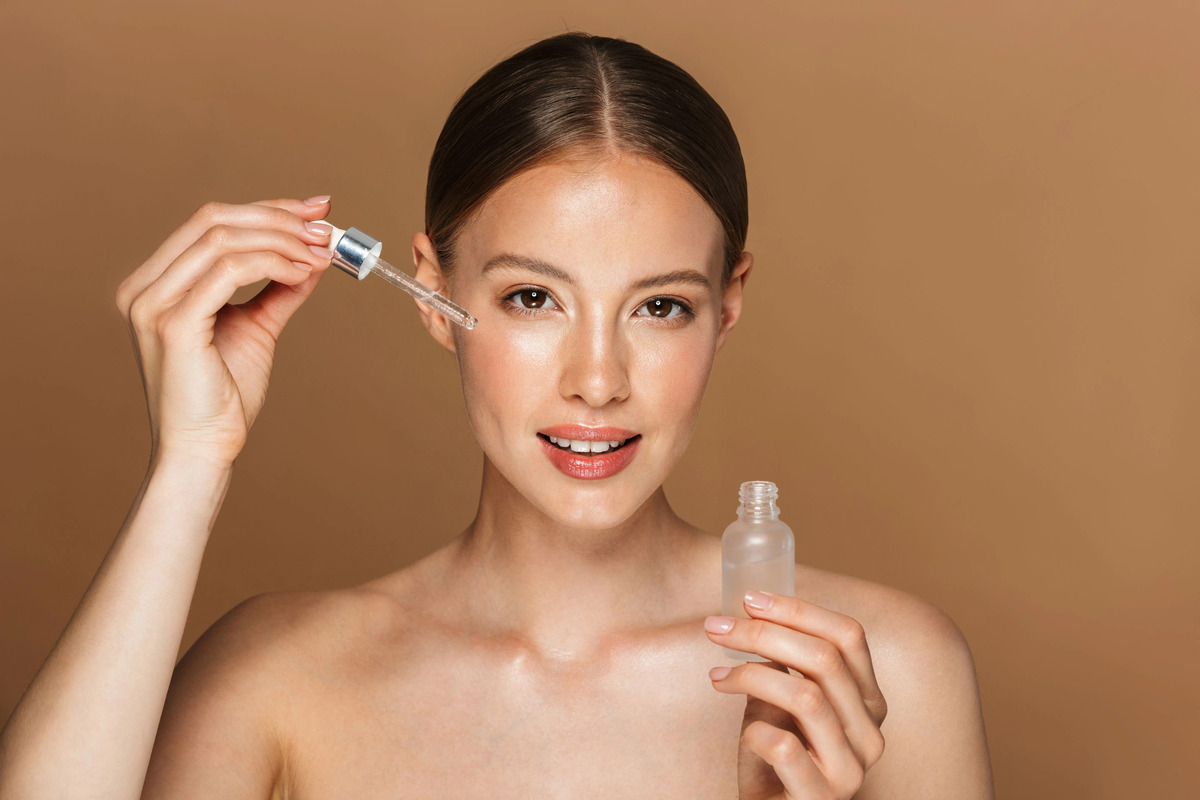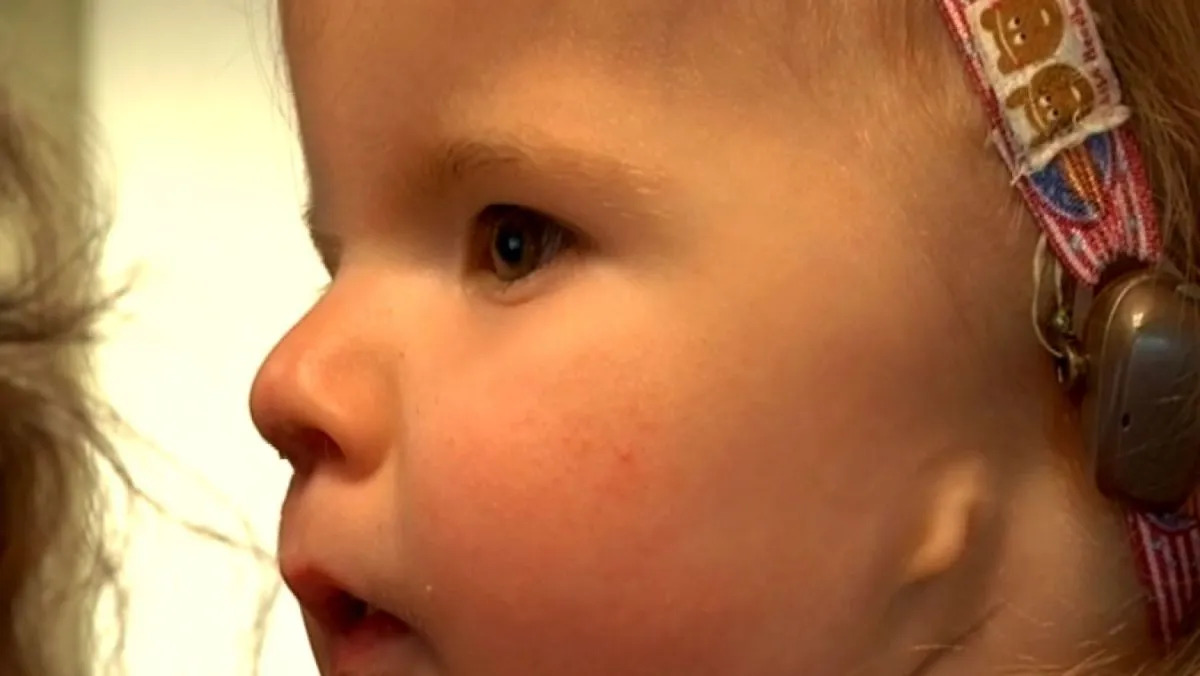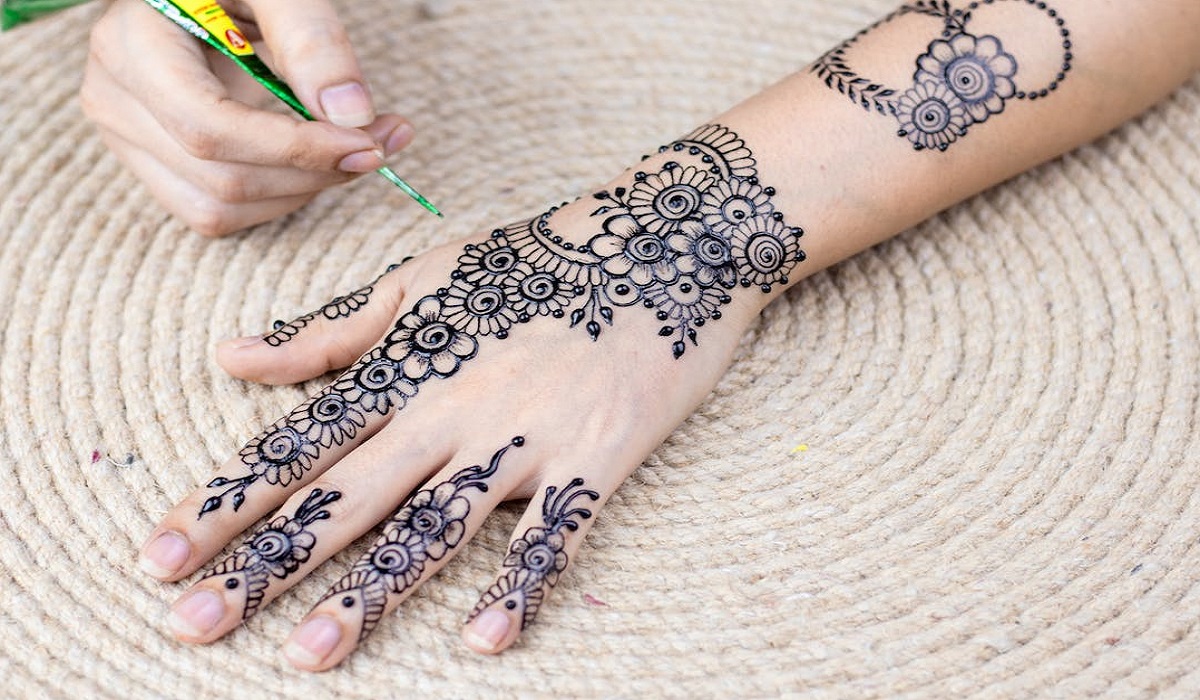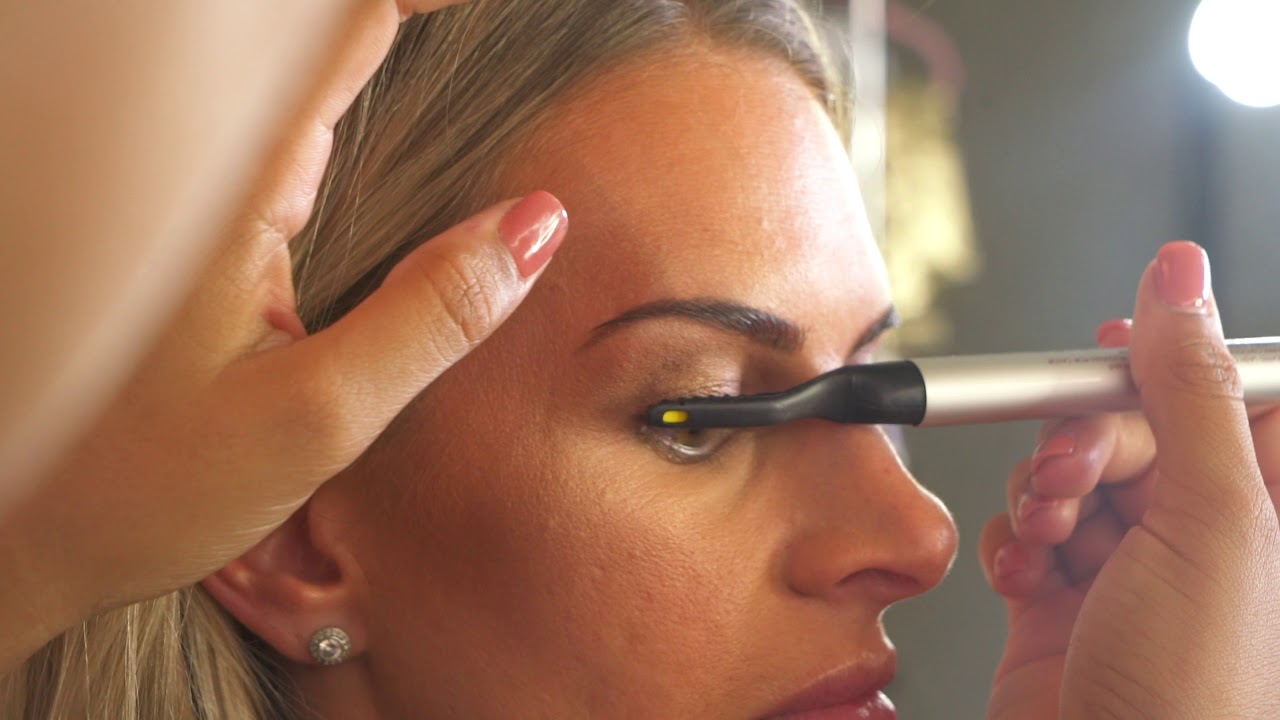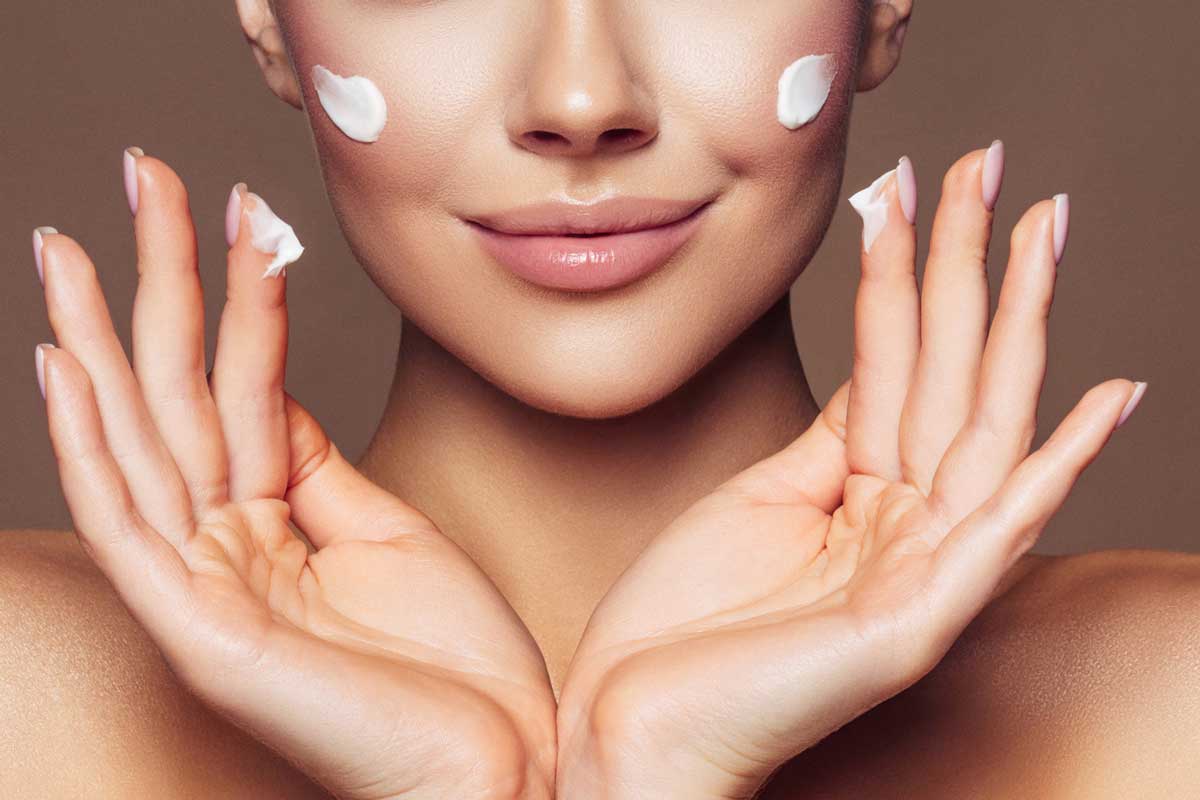Across cultures and ages, long, lush locks symbolize beauty and vitality. While genetics play a crucial role in determining the texture and length of your hair, adopting specific strategies and practices can significantly influence its health and growth. This guide unveils the secrets to nurturing long, beautiful hair, offering insights applicable to every hair type, from straight to curly. Embark on a transformative journey towards achieving the hair of your dreams.

Understanding the Science of Hair Growth
Hair growth unfolds in three distinct phases, each critical to the cycle of shedding and regeneration:
- Anagen Phase: The growth phase where hair follicles actively produce new cells. This phase can last from two to seven years, varying greatly among individuals due to genetics.
- Catagen Phase: A transitional period where hair growth slows as follicles contract. This phase typically spans several weeks.
- Telogen Phase: The resting stage, marking a significant slowdown in hair growth and the natural shedding process, paving the way for new growth. This phase can last from four to eighteen months.
Recognizing that factors like genetics, nutrition, lifestyle, and environment influence hair growth is pivotal. While some elements remain beyond your control, others can be optimized to foster healthier, more vibrant hair.
Strategies for Promoting Luxuriant Hair Growth
- Embrace a Nutrient-Rich Diet: Hair vitality begins from within. Incorporate a balanced diet laden with vitamins, minerals, and proteins. Lean meats, fish, eggs, nuts, fruits, and vegetables are foundational to supporting hair growth.
- Hydration is Key: Internal hydration nourishes the hair, enhancing its health and appearance. Make water your best friend for radiant locks.
- Consider Hair Supplements: Supplements containing zinc, iron, Vitamin A, Vitamin D, and biotin can complement your diet, offering the nutrients essential for hair strength and growth.
- Regular Trims: Counterintuitively, trimming your hair prevents split ends from damaging your hair further, maintaining its health and sheen.
- Gentle Hair Care: Opt for sulfate-free shampoos and conditioners. Minimize washing to preserve natural oils and be gentle when drying to prevent breakage.
- Limit Heat Styling: Excessive heat can weaken hair. Opt for air-drying and use heat protectants when styling is necessary.
- Adopt Low Manipulation Hairstyles: Choose styles that avoid excessive pulling or tightness to minimize breakage and stress on your hair.
- Scalp Massage: Regularly massaging the scalp can stimulate blood flow to the hair follicles, encouraging growth.
- Sun Protection: Guard your hair against the sun’s harmful rays with hats and UV-protective products to prevent damage.
- Avoid Tight Hairstyles: Opt for looser hairstyles to prevent stress on your hair follicles and potential hair loss.
- Natural Oils for Growth: Castor and coconut oils can stimulate hair growth. Apply these oils to your scalp for a deep conditioning treatment.
- Switch to Satin or Silk: Satin or silk pillowcases reduce friction and prevent hair damage, preserving your hair’s health while you sleep.
- Stress Management: Practices like yoga and meditation can reduce stress levels, indirectly benefiting hair health.
- Minimize Chemical Treatments: Reduce the frequency of chemical treatments like dyes and perms to prevent hair damage.
- Focus on Scalp Health: A healthy scalp is the foundation for hair growth. Choose gentle products to treat scalp conditions effectively.
- Cold Water Rinse: Rinse your hair with cold water post-conditioning to seal the cuticles and enhance shine.
- Night Protection: Protect your hair with a silk wrap or satin pillowcase to minimize overnight damage.
- Patience is Virtue: Hair growth is a slow process. Maintain your regimen and give it time to see visible results.
- Seek Professional Advice: For severe hair loss or other concerns, consult a dermatologist for a tailored treatment plan.

Weaving the Dream of Radiant Hair into Reality
Achieving long, healthy, and beautiful hair is a holistic journey that intertwines nutrition, dedicated care, and consistent maintenance. By integrating these strategies into your routine, you not only enhance your hair’s health and appearance but also contribute to your overall well-being. Let your hair reflect your inner health and beauty—start your journey towards luxurious locks today and embrace the transformation that follows.
Remember, the path to beautiful hair is not just about external treatments; it’s a reflection of your lifestyle, diet, and the care you invest in yourself. Prioritize your hair health as an integral part of your self-care regimen and watch as your hair flourishes, becoming a testament to your dedication and love.
- How often should I trim my hair to promote growth?
- Regular trims are very necessary to prevent the spread of the split ends up the hair shaft. Trim your hair at least every 10-12 weeks on average when there is no need for a specific style, or much sooner if you like, to control splitting ends according to how fast your hair grows or the condition it is in. So, while cutting your hair does not make it grow any faster, it really helps to sustain the healthy part of your hair, and this is actually an important aspect of hair growth.
- Can dietary changes really improve my hair’s health?
- Yes, diet is the most necessary thing for hair. The hair is made of protein; thus, it is very important to take proteins adequately in your diet, like from lean meats and fish or legumes.
- Some other essentials that promote growth include vitamins A, C, D, E, zinc, and iron, and omega-3 fatty acids. These all, in the correct amount, through a nutritious diet, can be immense help to your hair, not just in health but also in appearance.
- Are hair supplements necessary for hair growth?
- Apart from that, you might want to include some hair supplements in your diet for added measure if you have deficiencies that may be affecting your hair. There are biotin, zinc, iron, vitamin A, and D supplements. Of course, in the first place, it’s always better to consult with a healthcare provider before the beginning of supplements.
- How can I protect my hair from damage due to heat styling?
- Minimizing the use of heat styling is the key to avoiding damage to the hair. Always apply heat protectant spray or serum to the hair before using any heat tools; it really does lower the likelihood of damage. Not only that, but with adjustable temperature settings, choose the lowest effective temperature for your hair type.
- What natural oils are best for hair growth, and how should I use them?
- Two most highly spoken of oils thought to stimulate hair growth are castor oil and coconut oil. Castor oil is a rich source of ricinoleic acid and is considered beneficial in increasing the circulation of the scalp and growth, while coconut oil penetrates the hair shaft, adding moisture and reducing protein loss. Preferably, the oil should be applied all over the scalp and hair, massaged in, and it should be kept for at least an hour (or preferably overnight) before washing off with a mild shampoo.
- How does stress affect hair health, and what can I do about it?
- Stressful conditions might be the reason for hair fall, which can affect the growth process. Stress management with the help of meditation, yoga, regular physical exercises, and with plenty of sleep can help actually to reduce its effect on hair health. Establishing a stress-relieving routine compatible with your lifestyle might be beneficial not only to the hair but to your overall wellness.
- Is it better to wash my hair with cold or hot water?
- Always rinse off the conditioner in your hair with cold water very well, since cold water helps in closing the cuticles, thus sealing in the moisture, which will make your hair shinier and smoother. The reason is that hot water strips important oils from your hair, leaving it parched and prone to damage. Therefore, it’s advisable to use lukewarm water for washing and cold water for the final rinse.
- How can I tell if my hair loss is normal or if I should see a professional?
- Normally, a person loses from 50 to 100 hairs a day, systematically. If ever you feel that you are experiencing sudden loss or lose hair in patches or more than you usually do, it is best that you seek advice from a dermatologist. They can assess your scalp, provide a diagnosis, and recommend treatment options tailored to your condition. Take these questions seriously, and you would find the answer to how to look after your hair and make efforts into gaining length and health in your hair.



